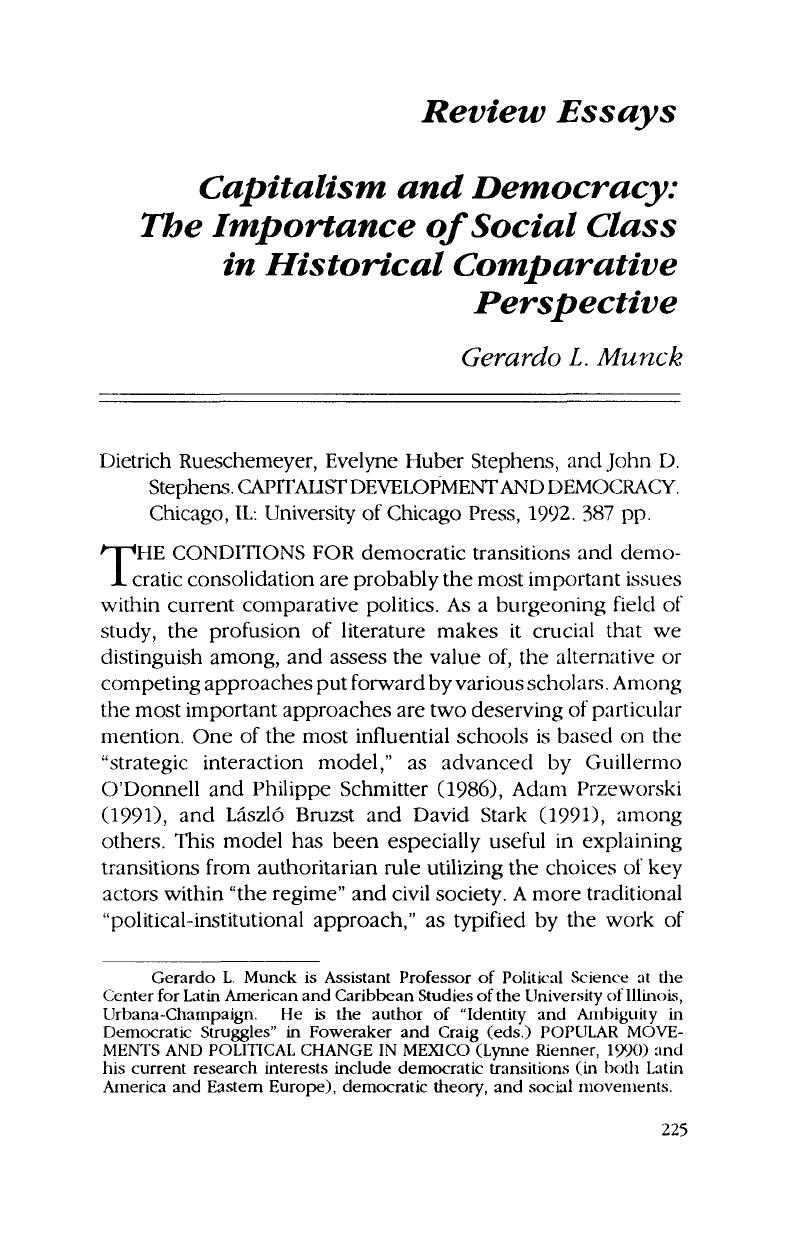Crossref Citations
This article has been cited by the following publications. This list is generated based on data provided by Crossref.
Munck, Gerardo L.
1996.
Economics and Democratic Transitions.
Journal of Interamerican Studies and World Affairs,
Vol. 38,
Issue. 1,
p.
129.
Munck, Gerardo L.
1997.
Bringing Postcommunist Societies into Democratization Studies.
Slavic Review,
Vol. 56,
Issue. 3,
p.
542.
Mahoney, James
and
Snyder, Richard
1999.
Rethinking agency and structure in the study of regime change.
Studies in Comparative International Development,
Vol. 34,
Issue. 2,
p.
3.
Kumar, Uttam
2023.
Regional Liaisons and Nationalism during Transition to Democracy :.
Jindal Journal of International Affairs,
Vol. 10,
Issue. 2,
p.
31.



